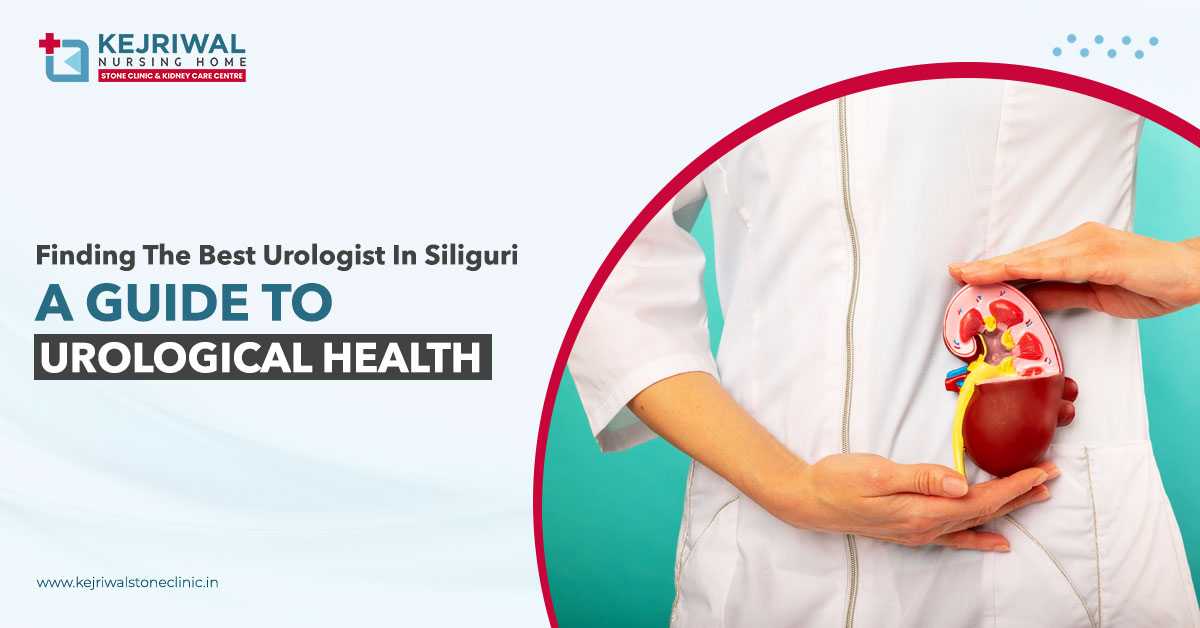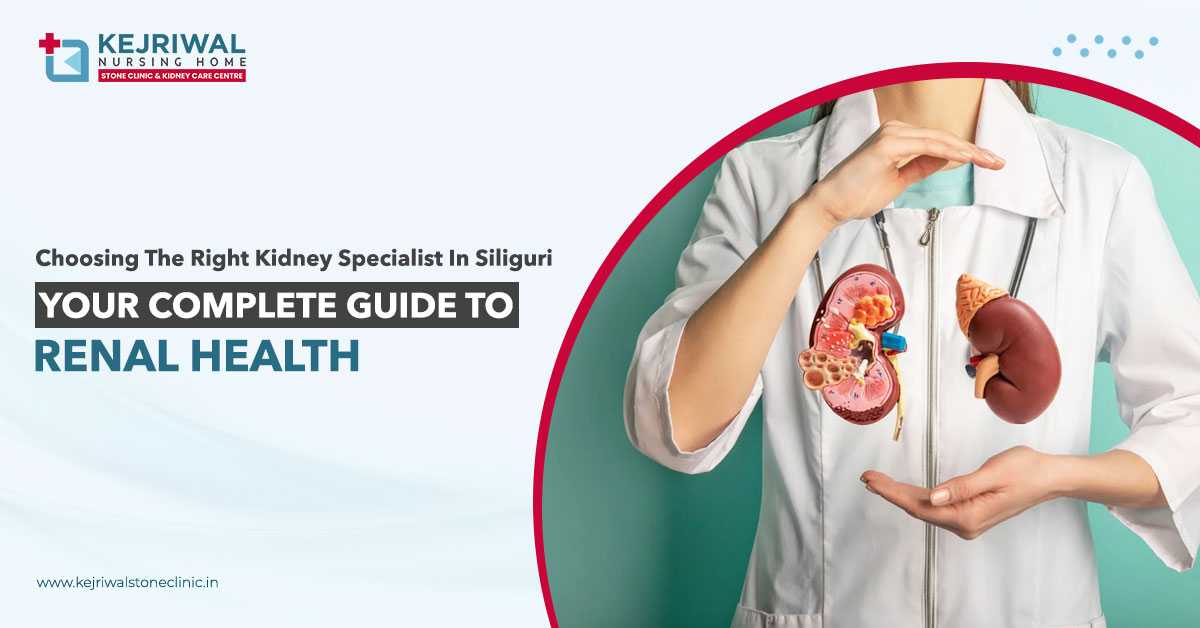Kidney diseases have become a common problem in many people's lives. Approximately 13% of Indians suffer from some type of kidney disease and it keeps increasing. Kidney diseases affect your body's ability to clean your blood, filter water out of your blood, and help maintain your blood pressure. It also affects red blood cell production and vitamin D metabolism needed for our bones and body's health.
Kidneys help in keeping a balance between water and minerals that go in our blood, help remove waste from blood after digestion, and lower exposure to chemicals or medications. Kidneys also make renin which is used by the body to manage blood pressure and also make an active form of vitamin D which is needed for bone health and other things. If you have a diagnosis of kidney disease then you need consultation and an emergency stay in a good nursing home in Siliguri.
Damaged kidneys build up waste products and fluid in your body and can cause swelling in your ankles, weakness, poor sleep, and shortness of breath. If proper treatment is not provided the damage can get worse to the point where the kidneys stop working and that can be life-threatening.
Kidney diseases lower your kidney's ability to clean your blood and can spread harm to other organs as well. Chronic kidney disease also called chronic kidney failure is the gradual loss of kidney function. Kidneys filter waste and excess fluids that your body doesn't need which are then excreted through urine. Chronic disease builds up excessive levels of fluid and electrolytes in your body.
Signs and symptoms of chronic disease are not apparent at the start as it develops over time if the kidney damage progresses slowly. Depending on how severe the damage to the kidneys is the symptoms can cause:
- Nausea
- Loss of hunger
- Loss of Sleep
- Fatigue and weakness
- Vomiting
- Urinating more or less
- Dry skin
- Swelling of feet and ankles
- High blood pressure that is difficult to control
- Chest Pain
- Shortness of breath
- Muscle cramps
The symptoms of kidney diseases are nonspecific so it can be hard to differentiate them from other illnesses. Kidneys can also make up for lost function so in many cases you might not develop clear symptoms until irreversible damage to the kidneys has occurred.
Early detection of kidney diseases can help stop them from progressing into kidney failure. If you notice any symptoms of kidney disease make an appointment with a good doctor and you can stay at a nursing home in Siliguri for treatment. If you have a medical condition that increases your risk of kidney failure the doctor may conduct tests and monitor your blood pressure and kidney functions.




